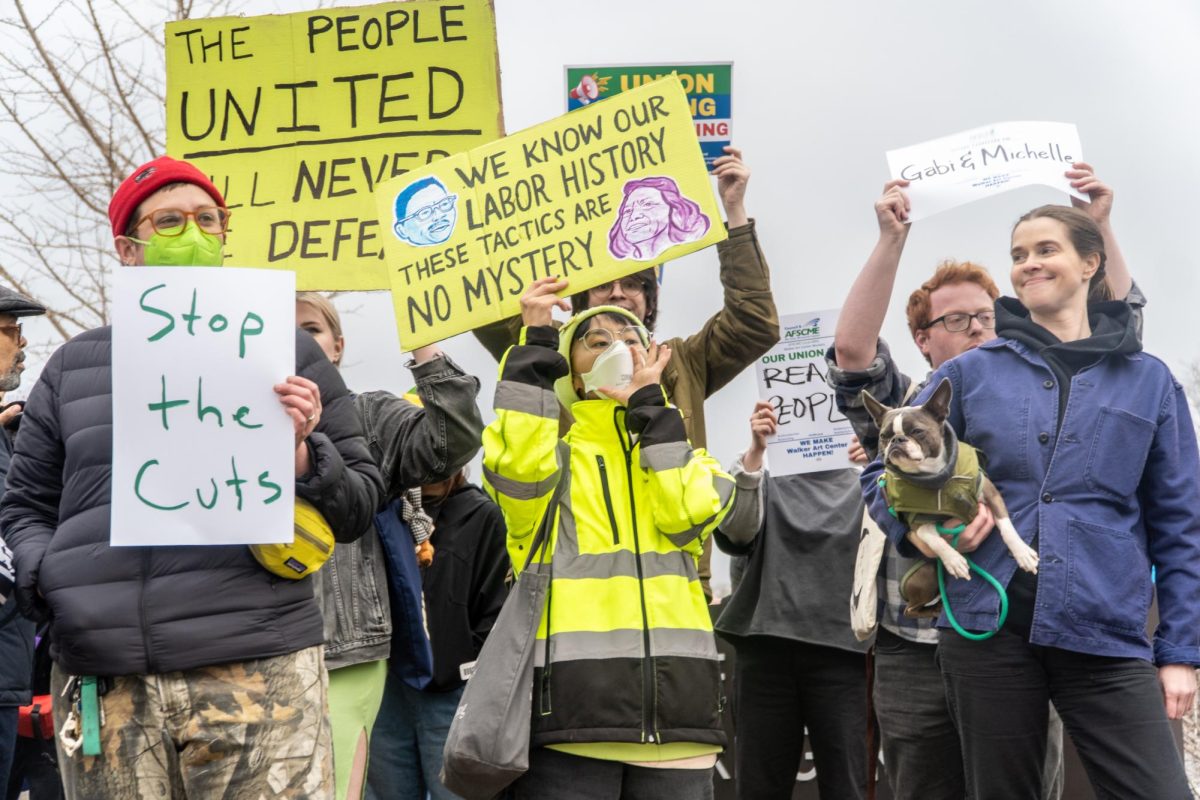When one of my closest friends called this weekend to request a favor, my immediate response was, “Which Dylan show does Ben want now?” I had grown used to helping her impress her crush-turned-boyfriend with my endless supply of Dylan recordings. But I wasn’t feeling used, mind you – any guy who thinks Dylan tickets constitute the perfect wedding gift is fine by me.
As it turns out, my friend had recently broken up with Ben. All she wanted was permission to list me as a reference on a job application. Darn. I hung up the phone feeling sorrier than I should have. Sure, he could rattle off any set list at the drop of a hat, but he wasn’t my boyfriend, after all.
Later that morning, a trip to my clogged e-mail box brought messages from David, who’s been promising me a sushi date for weeks, and Jonathan, who recently landed a new job in Maine. Also among the enormous backlog of writers awaiting a response were Noah, Austin, Sebastian and Mike. What do these all these friends have in common? Absolutely nothing, expect a shared love of all things Bob.
Some of these friends go back to the days when my favorite way to procrastinate was to scan through threads on rmd (short for rec.music.dylan, the Dylan newsgroup that can lead to obsession if you’re not careful). Others I’ve met at various jobs and concerts throughout the years. Where we met is not important – what’s astounding is the way one individual’s music can unite a school teacher in Massachusetts, a law student in Chicago and an election judge in St. Paul.
And it doesn’t need to be Bob Dylan. It could be Beethoven, the Backstreet Boys or the Beach Boys. Just what is it about music that allows it to break so easily the boundaries of time and space, to form bonds in the least likely of places? I tried tackling this subject once.
It was during my senior year of high school that excessive ambition led me to choose “Music of the 1960s: A Reflection of the Times” for my senior project. The affable Mr. Lyons tried his damnedest to dissuade me: The topic was far too broad, he said.
But with a dusty old stack of Beatles, Doors and Neil Young records in hand, I confidently assured him I had a handle on the topic. It was not until I sat watching the sun rise over my blank computer screen hours before the project was due that it hit me: Mr. Lyons was right. Trying to cover a decade of music in five double-spaced pages proved an impossible task.
Condensing that much history into so little space was challenging enough, but when it came to getting at the heart of music, my failure was even more profound. As contemporary composer Ned Rorem once said, “If music could be translated into human speech, it would no longer need to exist.” The very essence of music lies in the fact that, no matter how brilliant or perceptive a writer you are, you simply cannot put it into words.
A couple days after my weak but well-meaning speech, I reluctantly accepted the project critiques Mr. Lyons was handing back to the class. Surely all the constructive criticism scrawled in red ink was not the mark of “A” work. But as the bell rang and I rushed for the door, Mr. Lyons pulled me aside. “I looked around the room while you were playing The Who,” he said, “and every single person in the room was paying attention.” As we all know from high school, that’s rare. So I no longer care why music does what it does. The important thing is: It does.







